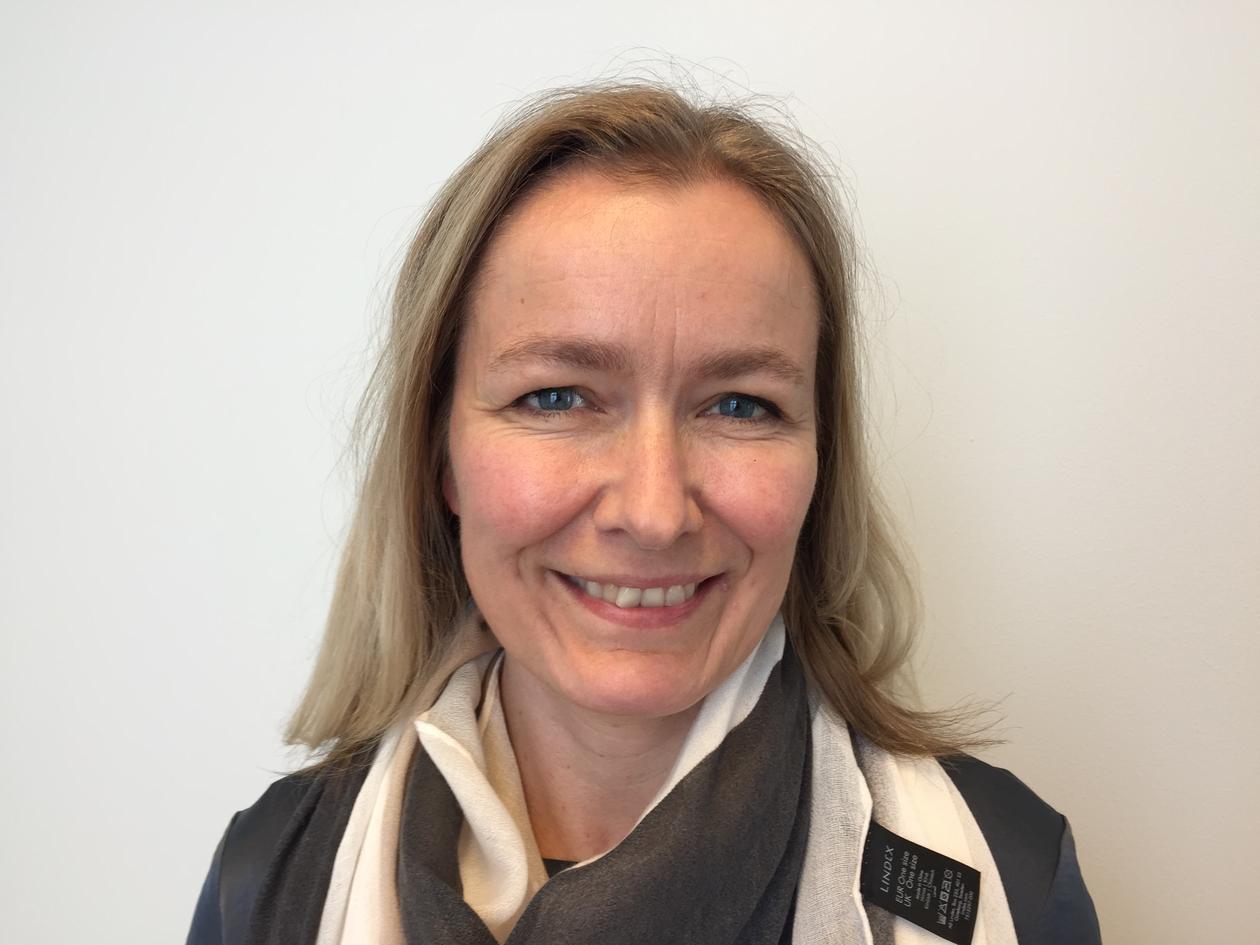Does digitalisation enhance collaboration?
The international research project TROPICO has received support from the EU's programme for research and innovation, Horizon 2020. The project is coordinated by the University of Bergen.

Main content
The research project TROPICO has been granted funding of 4.75 million Euros to take a closer look at collaboration in the public sector through so-called e-governance.
Associate Professor Lise H. Rykkja from the Department of Administration and Organization Theory at the University of Bergen (UiB) is the coordinator of the project. She heads a consortium of partners from several European countries. (See FACTS for more information about the project and its partners.)
Exploring digitalisation in public sector
At the heart of the TROPICO project is a look at how public administration is transformed to enhance collaboration in policy design and service delivery.
“This is a great acknowledgment of a leading European research network and there is a lot of exciting work that will take place in the project in the future. We are especially concerned with how the government resolves problems that cut across levels of government, sectors, and organizational boundaries. What are the success criteria for a more open, innovative and inclusive management? The basic question concerns how public administration is organized and what influences public policies aiming for better coordination,” says Lise H. Rykkja about the project.
One of the central features of the project is to look at digitalization in the public sector, which is important at a time when information and communication technologies (ICT) are becoming increasingly important throughout society. How can digitization contribute to better public management and public policies?
“A lack of collaboration and coordination within the public sector and between the public and private sector is a major challenge. Digitalisation and digital services may contribute to more coherence and better management, improved services, and can provide new opportunities for public participation. At the same time, there is a perception that the public sector is lagging behind when it comes to utilizing available digital solutions. But is this really the case? We also know little about how such new solutions work. We will investigate how authorities in Norway and other European countries approaches this issue,” Rykkja explains.
Interaction between state, civil society and private sector
Globalization creates more complexity and may result in a lack of transparency in public services. This increases the need for research into conditions and drivers behind the services provided. Increasing use of information technology also means closer interaction between public and private sector actors across national borders. These are among the things the TROPICO researchers want to study more closely.
“Openness, responsibility and availability are keywords. But what determines the policies of different authorities? How do they organise to achieve better collaboration and what public services are being developed and offered? We will contribute with new knowledge that compares different solutions in several countries,” says Rykkja.
Another key component of the TROPICO project is the interaction between the public and private sector. Given different the histories of Europe's nation states, there exist a wealth of rules, institutions, governance models and organizational cultures. This creates challenges when introducing new modes of collaboration and digital models, often across borders and based on EU directives. The researchers will look at these tensions and how these are solved by each country.
“It will be exciting to see the final results of our research. Among other things, we will conduct surveys and experiments to investigate what the public servants themselves think of this. We will look at conditions and drivers for enhanced collaboration and conduct more in-depth case studies in several countries. We will also work closely with governments and key stakeholders in the EU and in Norway to communicate the results from our research,” says Rykkja.
